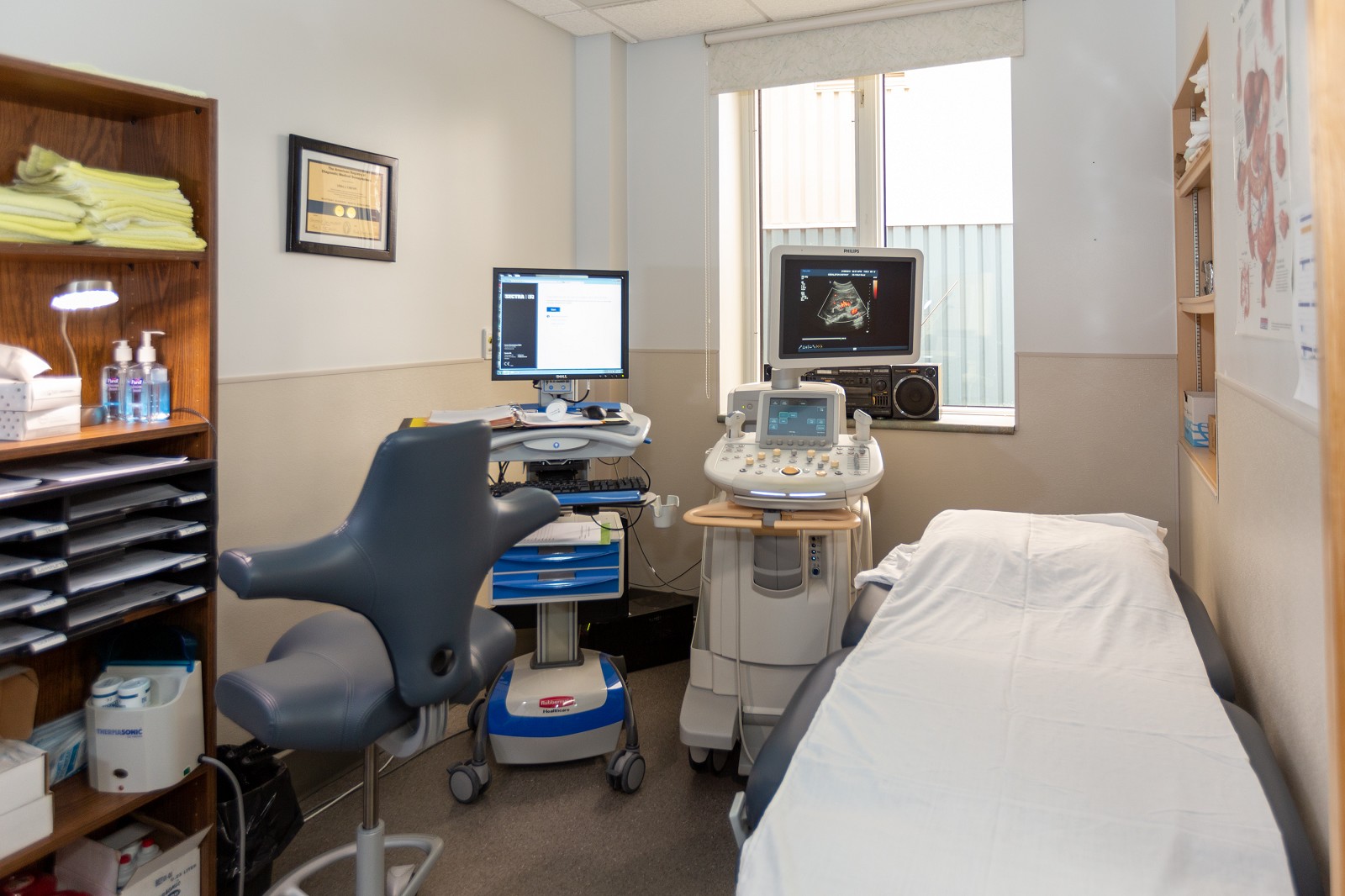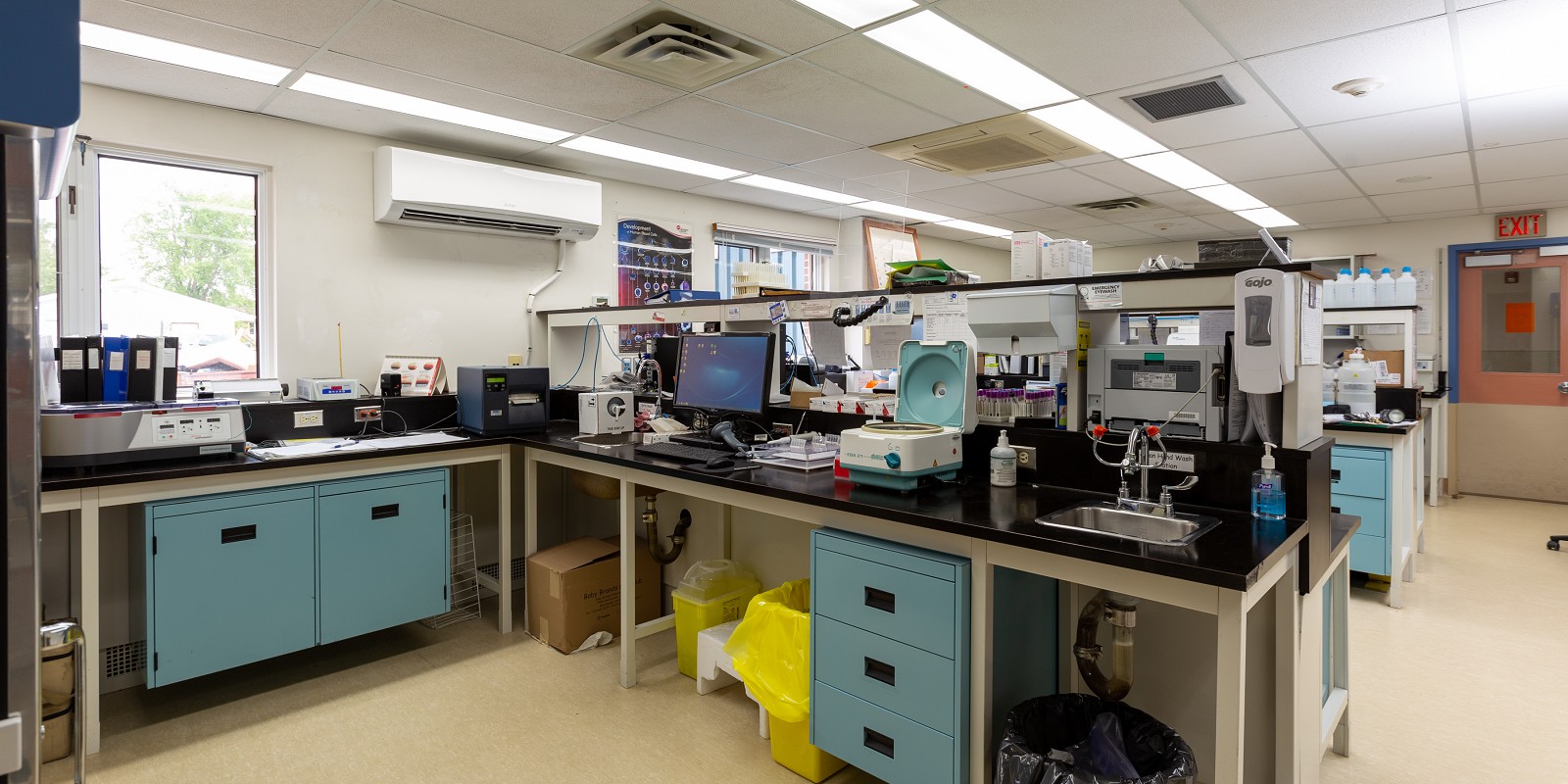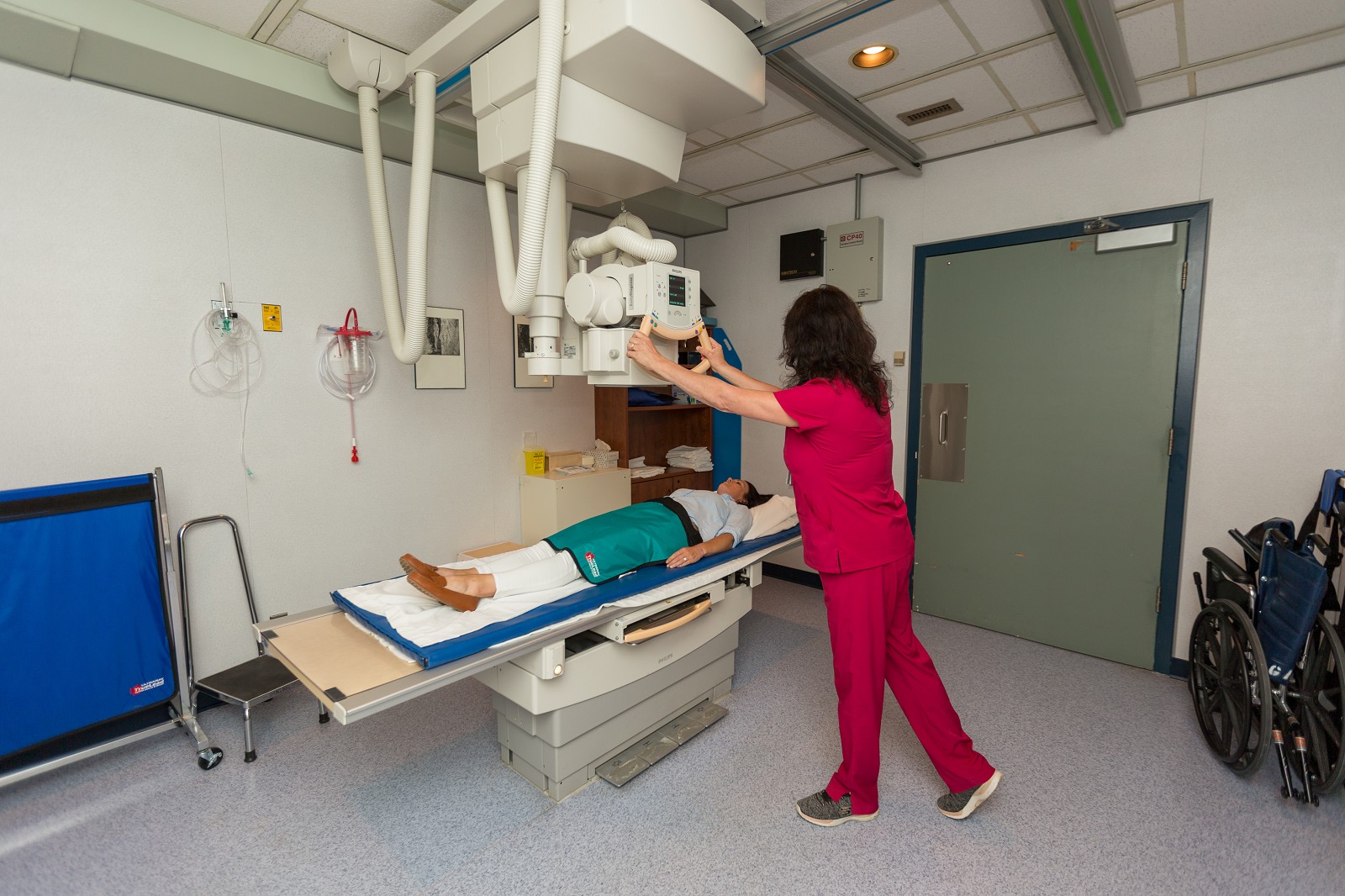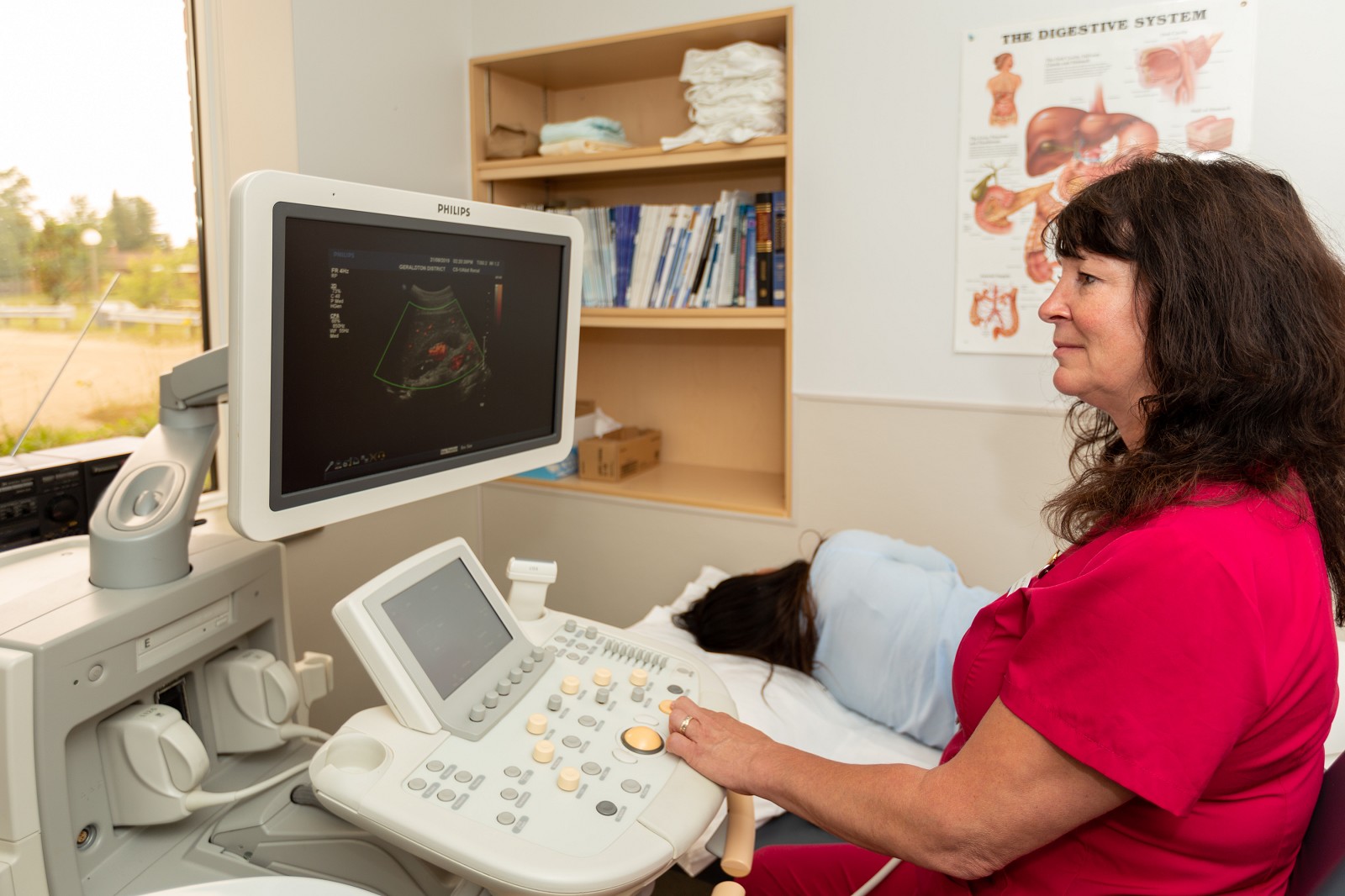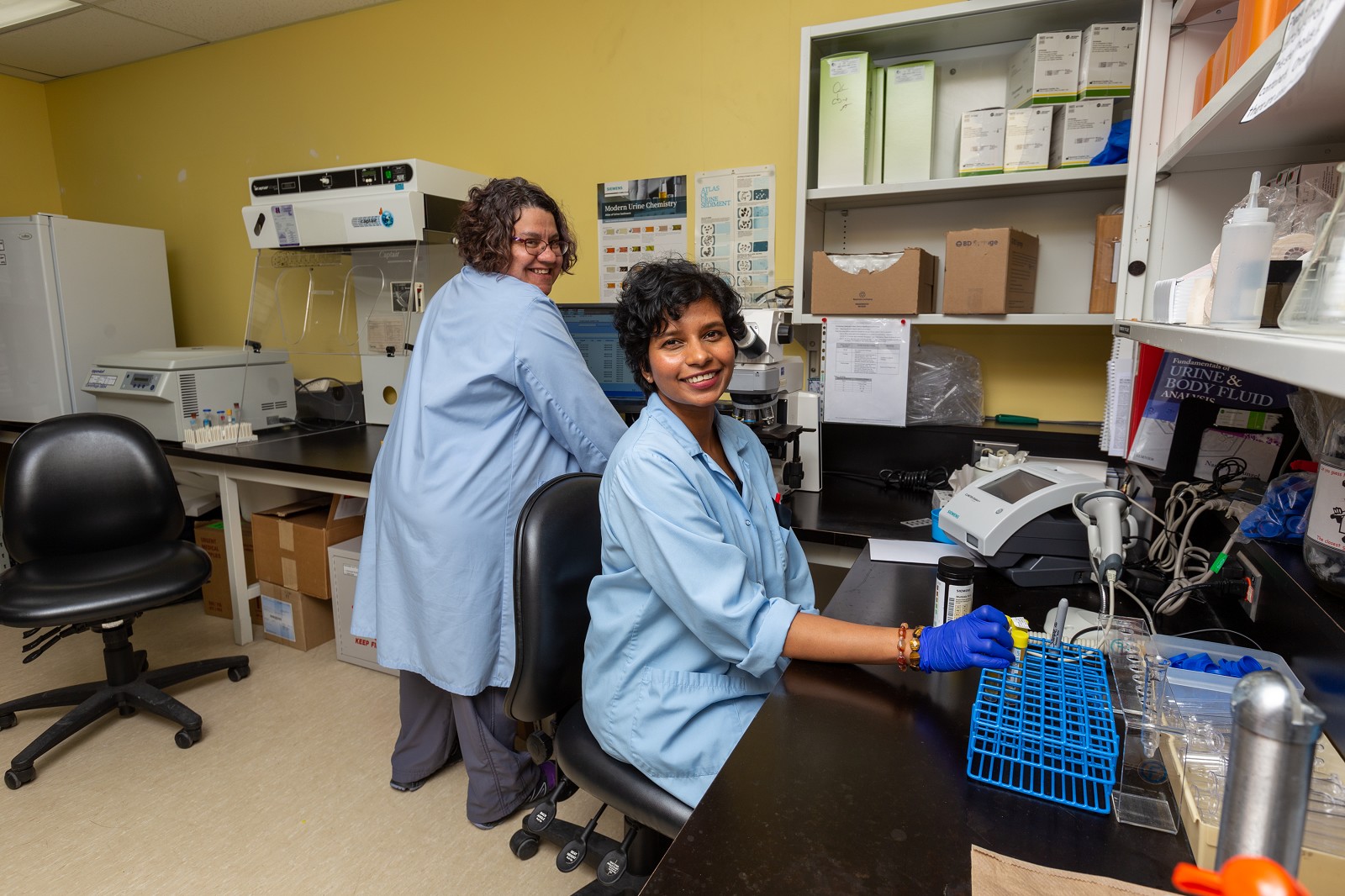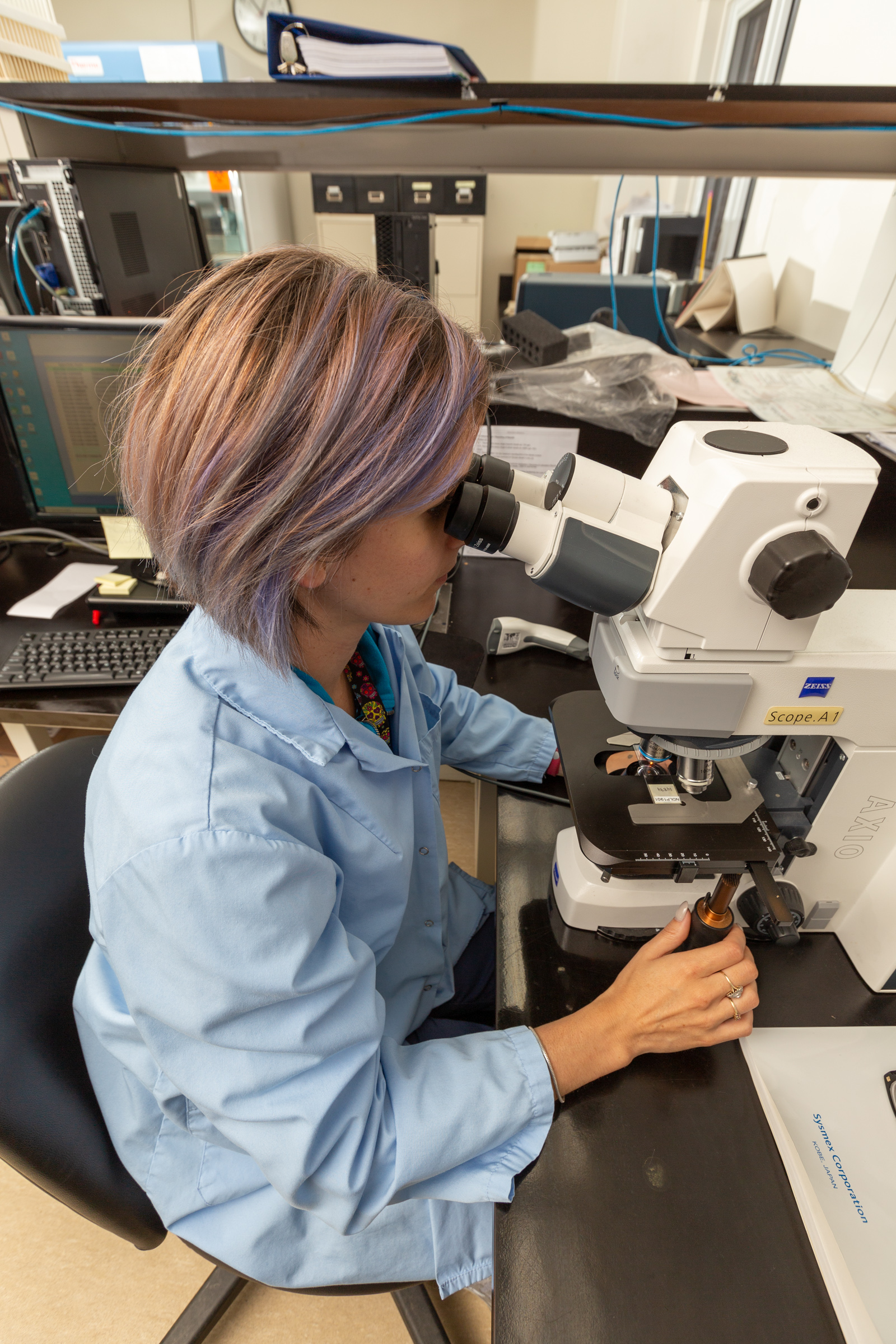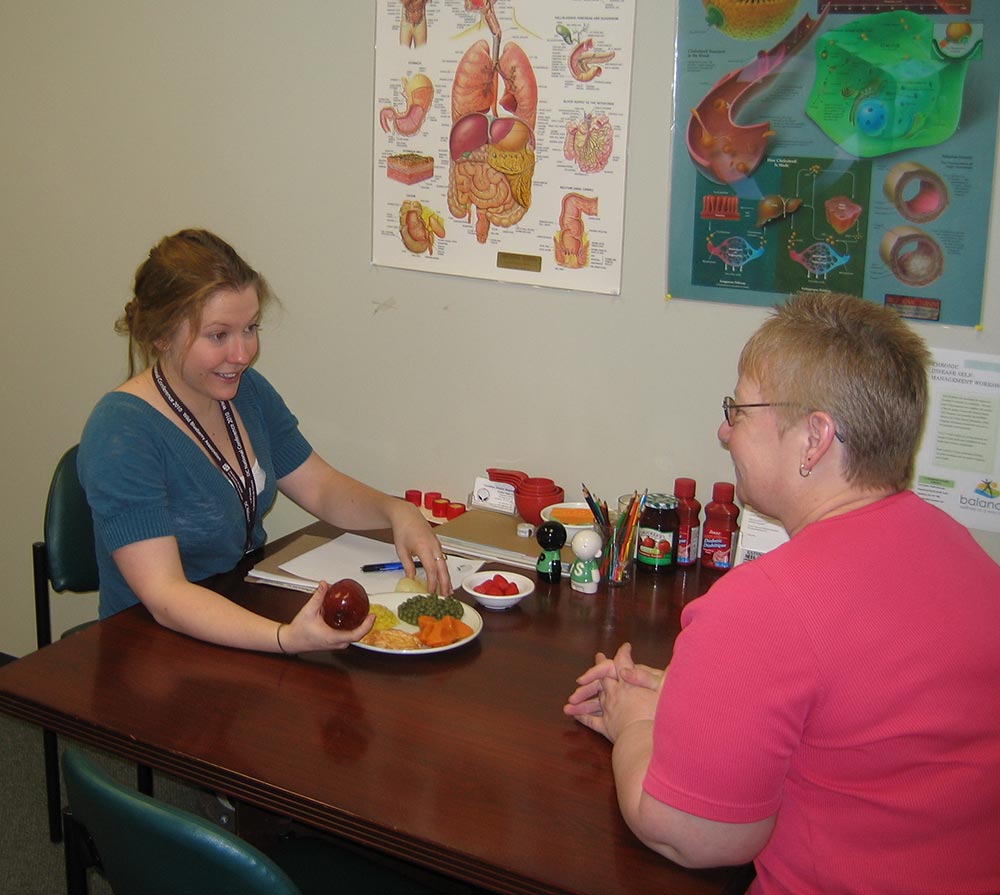Location
Located on the lower floor across from the laboratory.
Hours
Monday - Friday
8:00am - 4:00pm
Contact
Phone:
Phone: 807-854-1862 Ext. 115
The Geraldton District Hospital Rehabilitation Department consists of physiotherapy, kinesiology and occupational therapy. Our services are available to in-patients and/or outpatients who require active rehabilitation to increase their functional ability and level of independence.
For conditions that cannot be treated in Geraldton due to special training or equipment, we refer the patient to an appropriate clinician/institution in the area.
Patient information
- A written referral from a physician or nurse practitioner is required for Rehabilitation services.
- You must bring your health card to your initial appointment.
- Registration is completed in the Rehabilitation department.
- For the initial visit, patients are asked to arrive 10-15 minutes prior to their appointment time in order to fill out the appropriate paperwork.
- For follow-up visits, patients are asked to arrive 5-10 minutes prior to their appointment time.
- Patients should wear comfortable, loose fitting clothing that allows the injured limb or body part to be easily accessed.
Waiting list
There is a waiting list for patients who are referred to the rehabilitation department. Patients are prioritized based on a pre-established policy. You can expect to wait:
- 1 week for urgent referrals such as post surgical.
- 3-6 weeks for acute conditions such as new soft tissue injury.
- 3-6 weeks for children under the age of 18 years.
- 6 months or more for chronic conditions such as low back pain.
|
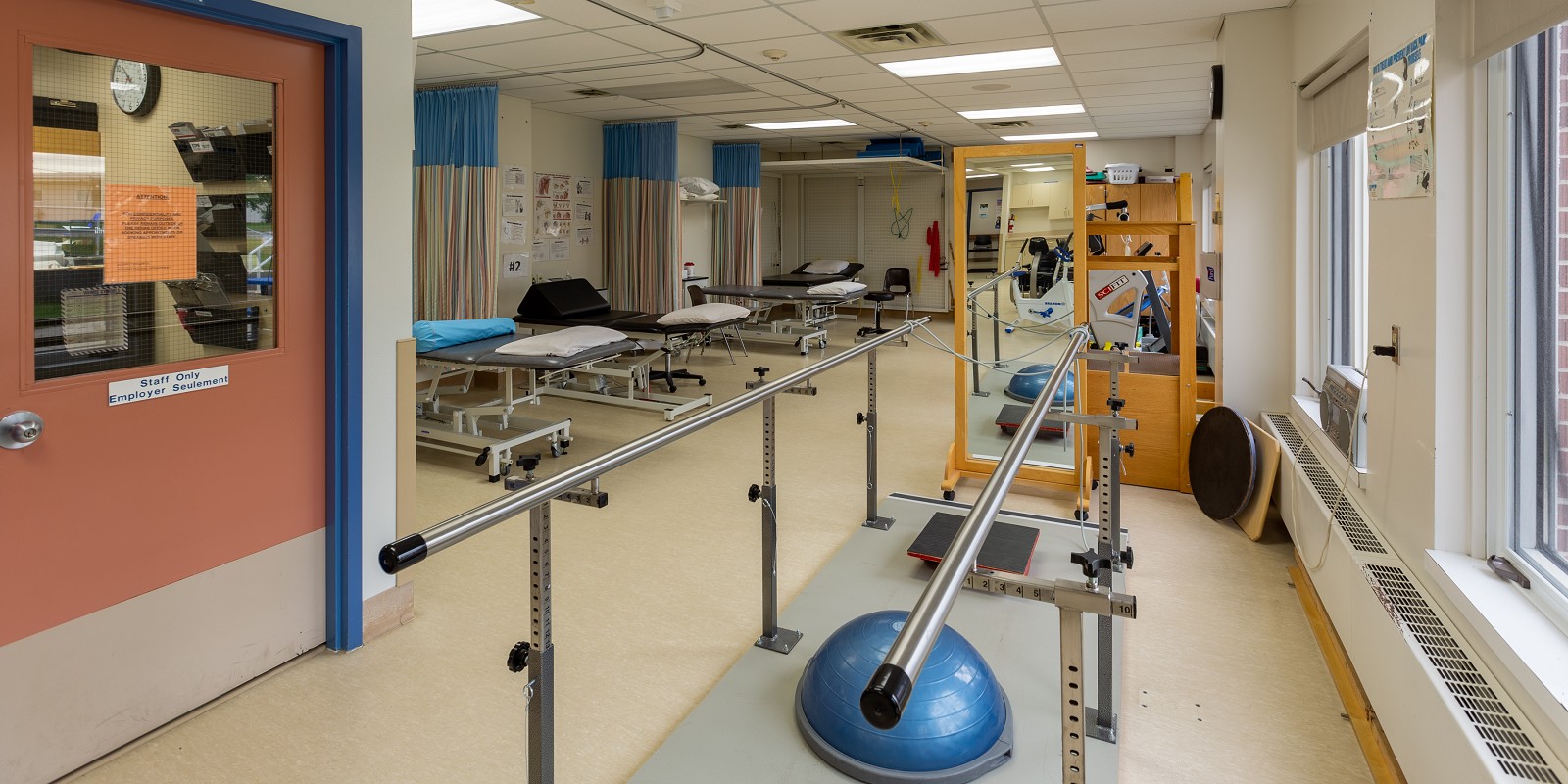 |
Kinesiology
Kinesiology is the scientific study of human movement, performance and function. Kinesiology incorporates the sciences of biomechanics, anatomy, physiology, psychology and neuroscience into an all-encompassing healthcare practice. Kinesiologists use the latest evidence-based research to treat and prevent injury and disease, and to improve movement and performance. Kinesiologists work with people of all ages and physical abilities in many settings to help them achieve their health and wellness goals, and improve quality of life. Some areas of kinesiology practice include:
- health promotion
- injury rehabilitation
- pain and chronic disease management
- ergonomics and workplace safety
- fitness training and athletics
- return to work planning and disability management
- public health
Links
Occupational Therapy
People experience life to the fullest through meaningful occupations - the day to day skills, activities, interactions and experiences that engage us with our environment, our community and the people around us. Our ability to participate in occupations that are important to us promotes health and well-being. The goal of occupational therapy is to positively influence people's health by enabling occupation.
Occupational Therapists...Empowering People with Skills for the Job of Living
Occupational Therapists (OTs) are health professionals that help people or groups of people of all ages assume or reassume the skills they need for the job of living. Occupational Therapists work with their clients to help them identify barriers to meaningful occupations (self care, work and leisure). While enabling clients to change these barriers, Occupational therapists fulfill the roles of therapist, educator, counselor, case manager, resource developer, policy analyst and advocate.
Occupational Therapists Help With Situations Such As:
- difficulties affecting one's ability to care for oneself or others
- returning to work after prolonged illness or injury
- learning difficulties in the classroom
- mobility/seating problems that impair function in the home/workplace/community
- difficulties socializing or enjoying leisure time because of functional changes
- home or workplace modifications when accessibility is an issue
- Managing pain due to injury, burns, arthritis, etc.
- Hand and upper extremity rehabilitation
- Splinting
- Home assessments
- Ergonomic assessments
Links
Physiotherapy
Physiotherapy is concerned with identifying and maximizing quality of life and movement potential within the spheres of promotion, prevention, treatment/intervention, and rehabilitation.
Physiotherapists are trained to evaluate and improve movement and function of the body, with particular attention to physical mobility, balance, posture, fatigue, and pain. The physiotherapy program typically involves (1) educating the person about the physical problems caused by the disease, (2) designing an individualized exercise program to address the problems, and (3) enhancing mobility and energy conservation through the use of a variety of mobility aids and adaptive equipment. Physiotherapy has many specialties including cardiopulmonary, geriatrics, neurology, orthopedics and pediatrics to name some of the more common areas.
Links
